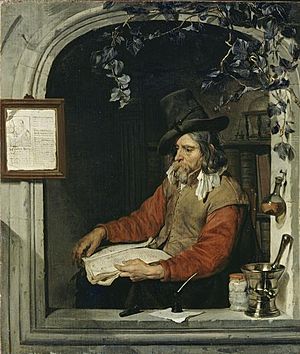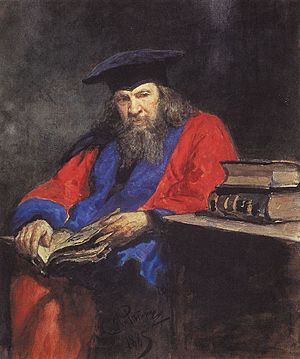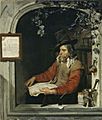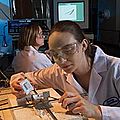Chemist facts for kids
A chemist is a scientist who studies chemistry. Chemistry is all about understanding what things are made of, how they behave, and how they can change. Chemists explore tiny particles like atoms and molecules, and how they react with each other. They research and test many different things, from new medicines to new materials. Chemistry is super important because it has helped us create almost all of the modern, powerful medicines we have today.
Chemists study the makeup of matter and its features. They carefully measure things like how much of a substance there is, how fast reactions happen, and other chemical properties. They use this knowledge to figure out what unknown substances are made of. They also learn how to make large amounts of useful things found in nature, and even create completely new artificial substances and helpful processes.
Contents
History of Chemistry
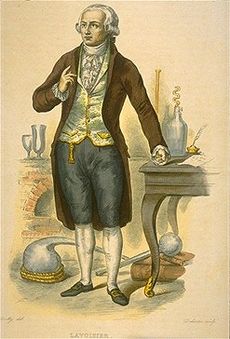
The story of chemistry began with fire. Fire was a mysterious force that could change one material into another. This made it very interesting to early humans. Fire led to important discoveries like iron and glass. Later, when gold was found and became very valuable, many people wanted to find a way to turn other materials into gold. This led to a very old practice called alchemy. The word chemist actually comes from the word alchemist. Alchemists discovered many chemical processes that helped modern chemistry grow.
What Do Chemists Study?
Chemists can choose to focus on many different areas. Some popular fields of study include:
- Biochemistry: This is the study of chemistry in living things, like plants and animals.
- Organic Chemistry: This focuses on chemicals that contain carbon, which are found in almost all living things.
- Inorganic Chemistry: This deals with chemicals that usually do not contain carbon, like metals and minerals.
- Physical Chemistry: This looks at the physical reasons why chemical reactions happen.
- Analytical Chemistry: This involves finding out what substances are made of and how much of each part is present.
- Environmental Chemistry: This studies how chemicals affect our environment.
Becoming a Chemist
If you want to be a chemist, you usually need to go to college. Most jobs require at least a bachelor's degree. However, many research jobs need a Master of Science or a Doctor of Philosophy (Ph.D.) degree.
Most college programs for chemistry also teach a lot of mathematics and physics. This is because chemistry is sometimes called "the central science." This means chemists need to know a lot about different areas of science. As students study more, especially for a Master's or Ph.D., they often pick a specific area of chemistry to become experts in.
Where Do Chemists Work?
Chemists work in many different places. The three main types of employers for chemists are:
- Universities and Colleges: Here, chemists teach students and do research.
- Industry: Many chemists work for companies, especially in the chemical industry (making plastics, paints, etc.) and the pharmaceutical industry (making medicines).
- Government Laboratories: Governments hire chemists to do research for public safety, environmental protection, and other important areas.
Images for kids
-
A chemist prepares a new fuel cell for testing.
-
A chemist pours from a round-bottom flask.
See also
 In Spanish: Químico para niños
In Spanish: Químico para niños


